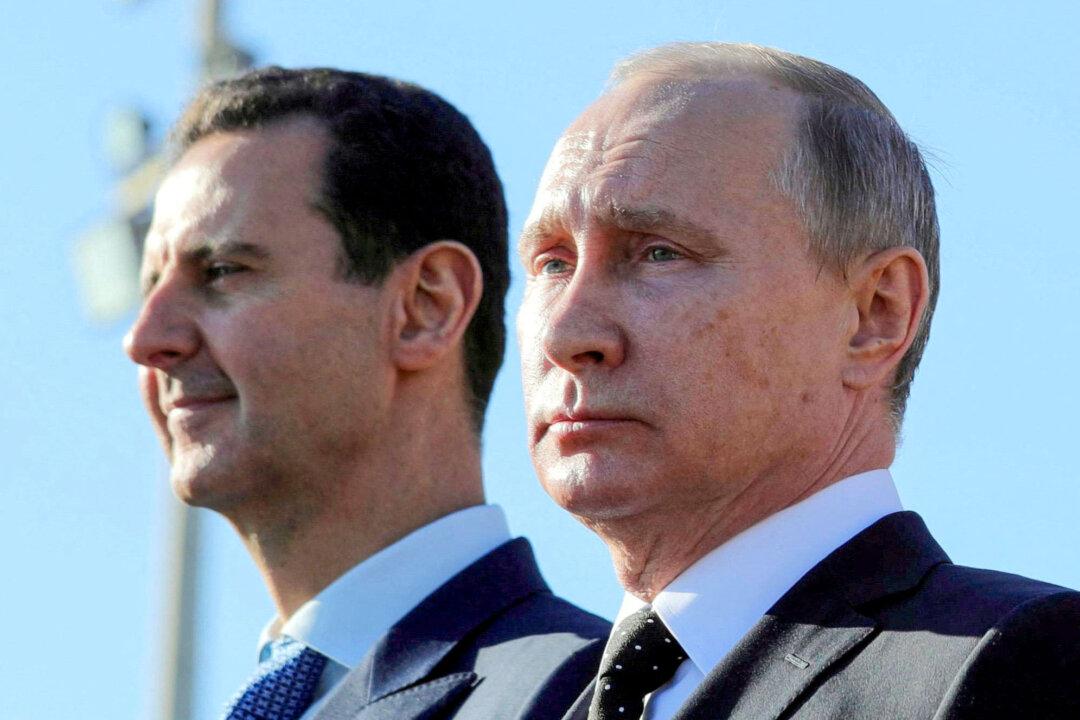Former Syrian President Bashar al-Assad issued his first public statement on Dec. 16 following the abrupt collapse of his family’s 50-year rule in Syria, saying he left the country for Russia at Moscow’s insistence.
“My departure from Syria was neither planned nor did it occur in the final hours of the battles,” Assad said in a statement attributed to him on the now-deposed presidency’s official Telegram channel and Facebook page.





